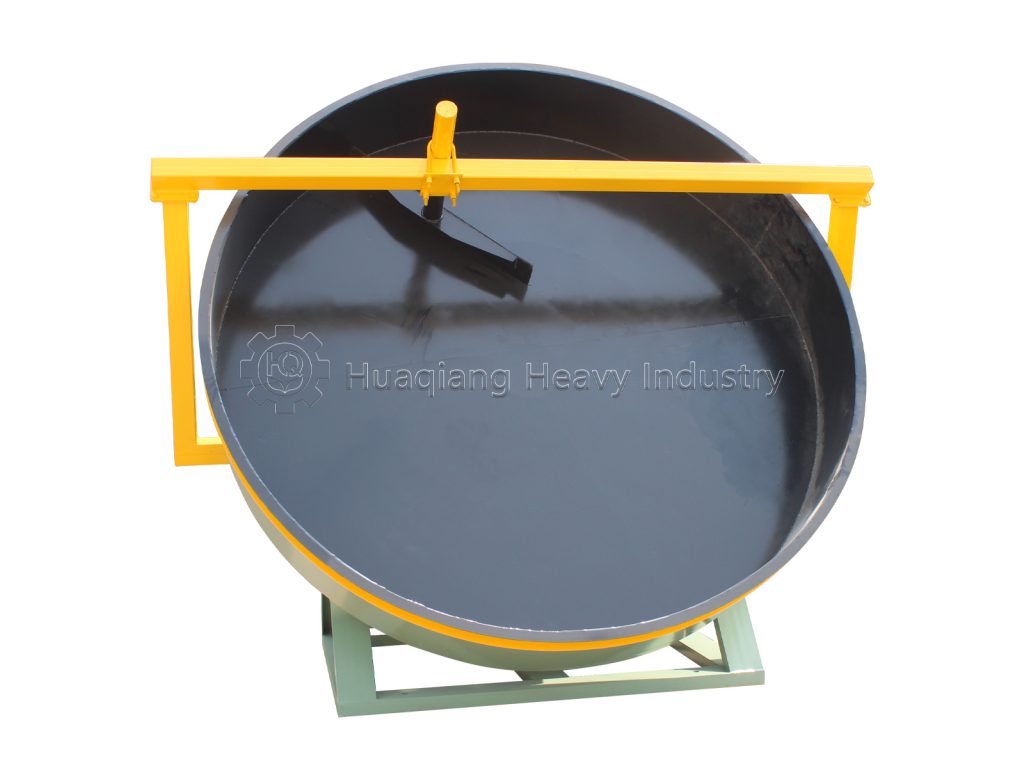In organic fertilizer production lines, the disc granulator is the core equipment for raw material processing. Its operating condition directly affects product quality and production efficiency. Scientific maintenance can extend equipment life, reduce downtime, and lower costs. The following details maintenance methods from three perspectives: daily, periodic, and long-term.

Daily maintenance requires “cleaning and inspection in tandem.” After each shutdown, promptly clean the discs of residual material to prevent hardening and scratching of the disc surface or increased operating load. Use soft tools to prevent damage to the liner. Also, check the disc’s tilt angle (normally 45°-55°). If offset, correct it using the bracket bolts. Observe the transmission system daily for abnormal noise and check the motor and reducer temperatures. If the temperature exceeds 60°C, shut down the machine for inspection.
Regular maintenance focuses on “component maintenance and lubrication.” Perform a comprehensive weekly inspection, focusing on the meshing of the transmission gears. Adjust and replace any wear or excessive clearance. Inspect the bearing seals to prevent dust intrusion. Replace the bearing grease monthly. Choose a high-temperature, dust-resistant lithium-based grease, filling it to fill 2/3 of the bearing’s internal space. Disassemble and inspect the scraper blade quarterly. If the blade wear exceeds 3mm, polish or replace it. Ensure a 1-2mm gap between the blade and the liner to prevent material adhesion.
For long-term maintenance, maintain “equipment inspection and record keeping.” Perform a comprehensive annual disassembly and inspection. If the liner thickness decreases by 1/3, replace it entirely. Perform a flaw inspection on the frame to identify any weld cracks and repair them. Maintain a maintenance log, recording maintenance times, details, and replaced parts. Use data analysis to predict failures and plan maintenance in advance.
In short, disc granulator maintenance should adhere to the principle of “prevention first, prevention combined.” This involves combining daily cleaning, regular maintenance, and ongoing inspections to ensure optimal equipment operation and a stable and efficient organic fertilizer production line.